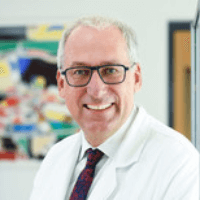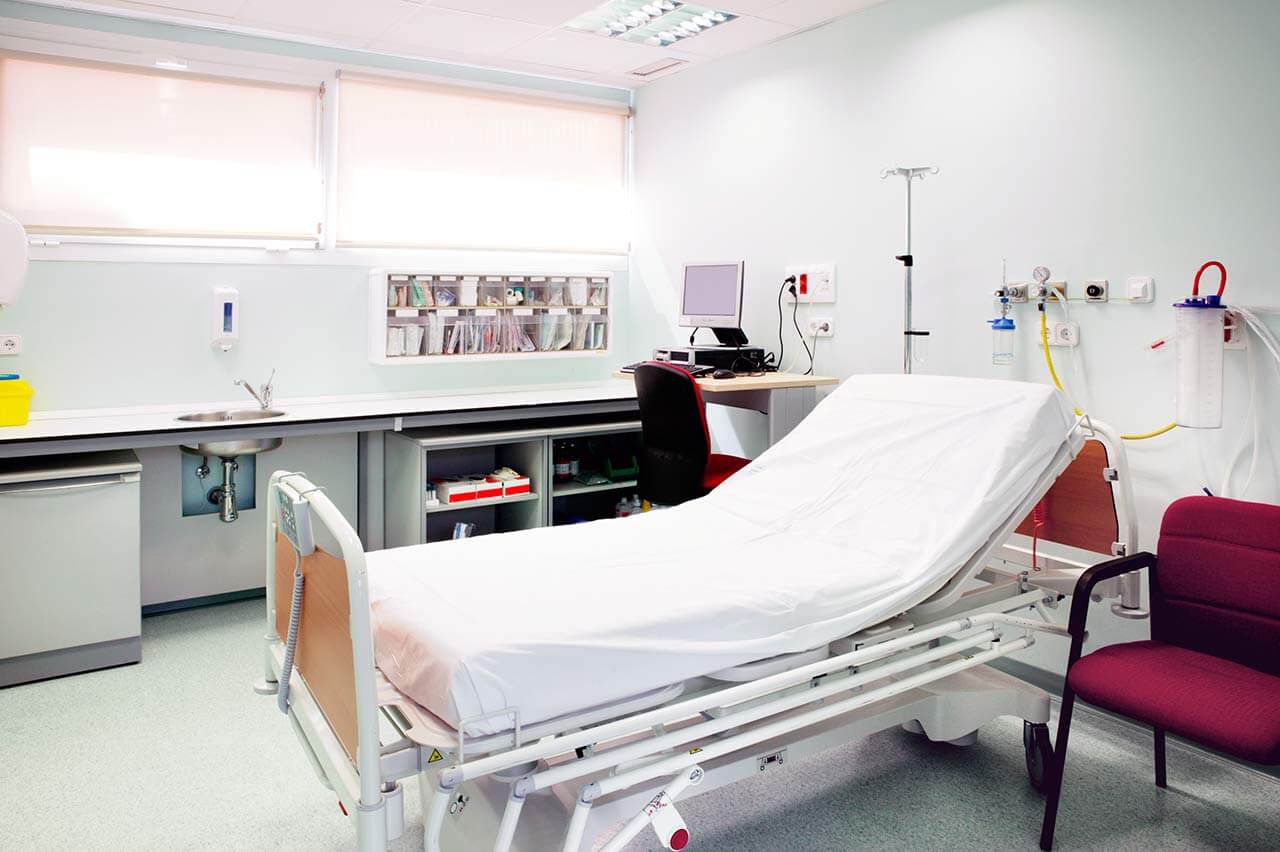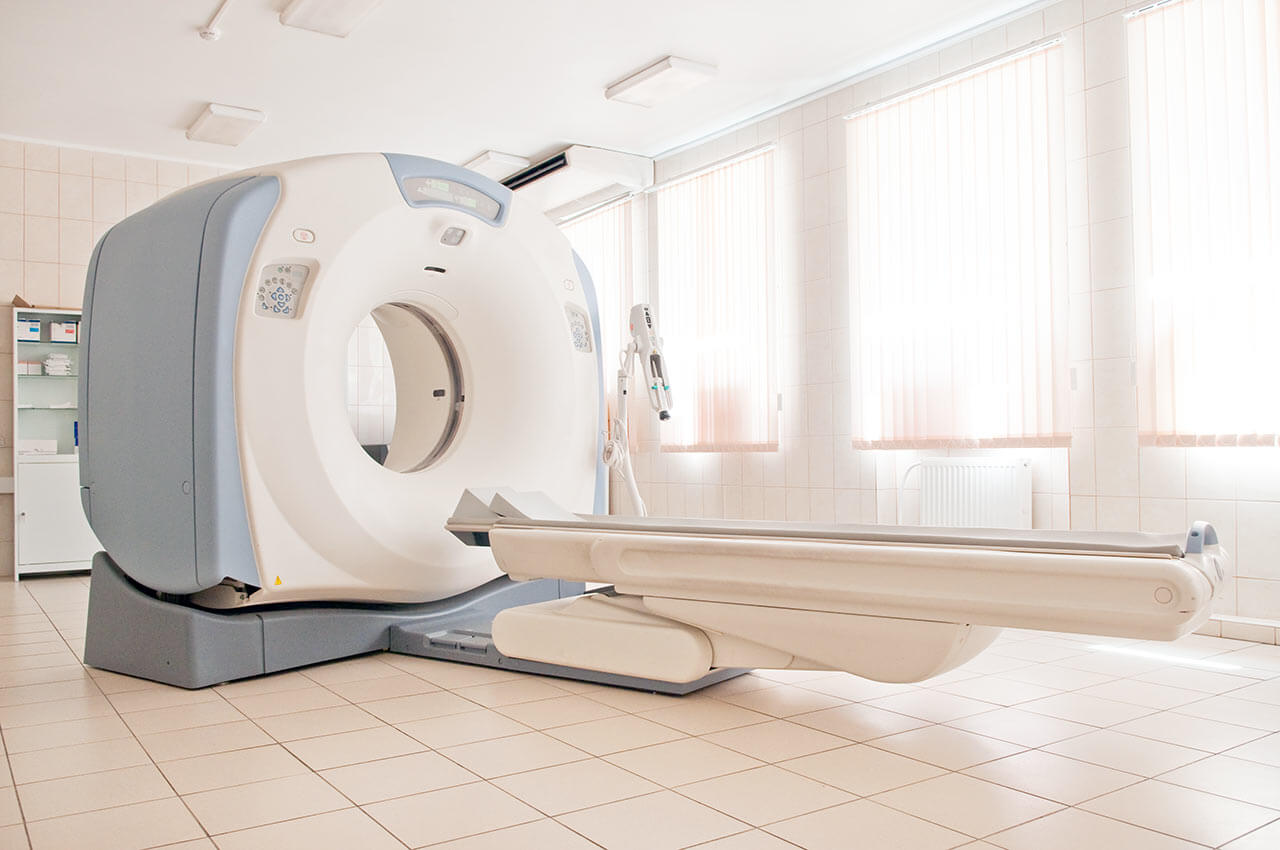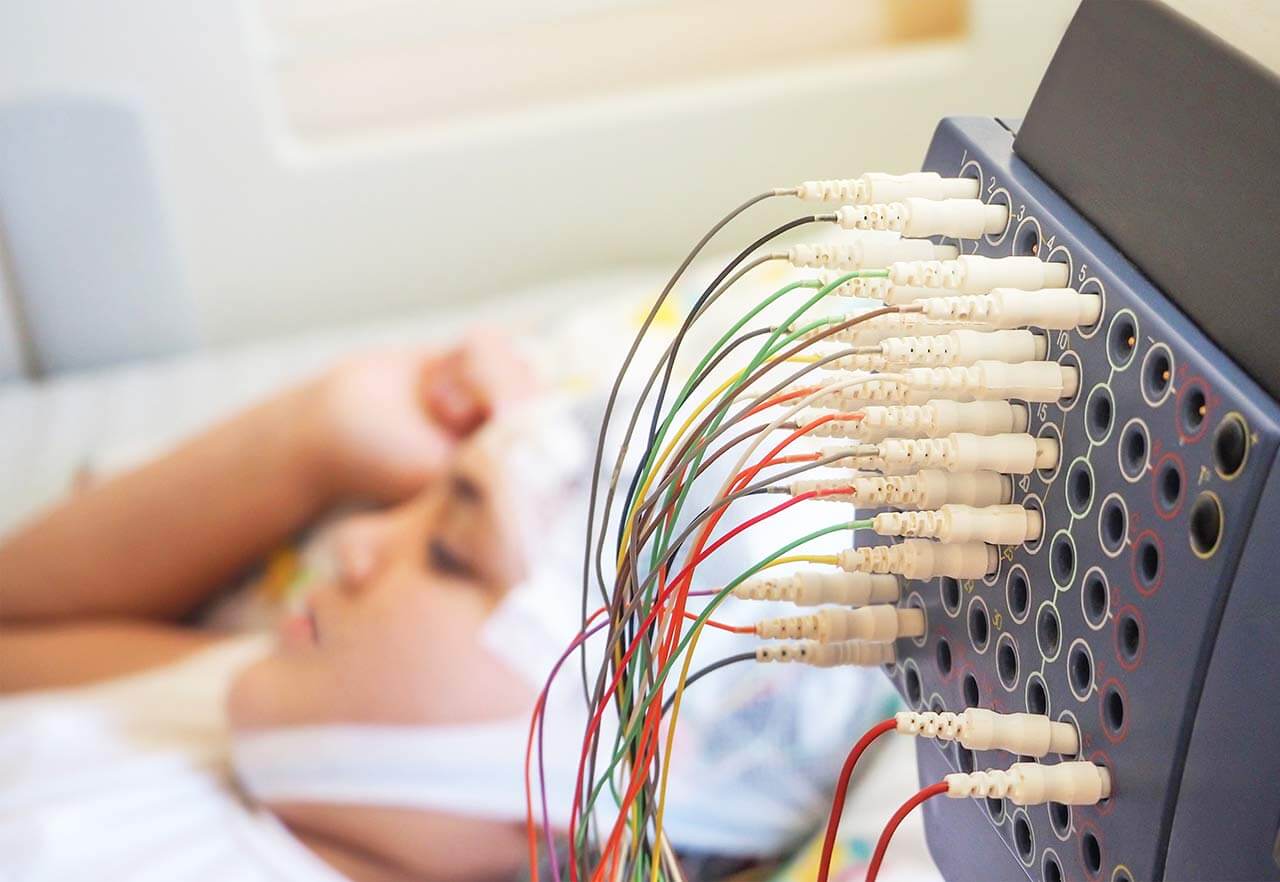
The program includes:
- Initial presentation in the clinic
- clinical history taking
- review of medical records
- physical examination
- laboratory tests:
- complete blood count
- general urine analysis
- biochemical analysis of blood
- determination of the concentration
of antiepileptic drugs in the blood - inflammation indicators (CRP, ESR)
- indicators blood coagulation
- neurological examination
- CT/MRI scan
- neuropsychological tests (on indications):
- ENMG (electroneuromyography)
- EEG (electroencephalography)
- SEPs (somatosensory evoked potentials)
- VEPs (visually evoked potentials)
- BAEP tests (brainstem auditory evoked potential)
- stationary EEG monitoring
- symptomatic treatment
- control examinations
- the cost of essential medicines and materials
- nursing services
- full hospital accommodation
- developing of further guidance
Required documents
- Medical records
- EEG (if available)
- MRI/CT scan (if available)
Service
You may also book:
 BookingHealth Price from:
BookingHealth Price from:
About the department
The Department of Adult and Pediatric Epileptology at the Epilepsy Center Bethel Bielefeld offers the full range of modern diagnostics and treatment of all forms of epilepsy. The department annually admits more than 5,000 patients and ranks among the largest specialized medical facilities of this kind in Germany. It provides comprehensive medical care programs, including both the diagnostics and correction of drug therapy regimens, as well as the very latest techniques for the surgical treatment of epilepsy. The department also includes a Section for Rehabilitation, which offers various activities in the field of general and occupational rehabilitation. The department provides its high-quality services to patients of all age categories – adults, adolescents and children. The medical facility is certified by the German Society for Epileptology, so patients can be sure that they will receive the best medical care and will be able to maximally restore their health.
The department is headed by Prof. Dr. med. Christian Bien. The specialist has tremendous experience and is distinguished by his professionalism in the diagnostics and treatment of epilepsy. The professor has been carrying out long successful clinical activities in the field of epilepsy and has an excellent reputation not only in Germany, but throughout the world, admitting patients with the most severe forms of pathology and providing them with high-quality treatment.
The department's medical team consists of highly qualified epileptologists, psychologists, social workers, physiotherapists, specialists in occupational therapy, curative education and other employees. The department sets the highest demands for the staff, so only the best professionals in their field of competence take care of the patients here. In addition, the medical facility highly respects Christian values, and therefore the specialists show a humane attitude towards each patient and take care of his emotional state.
Many services are provided to patients on an outpatient basis. The department's outpatient programs include the study of the patient's medical history, differentiated EEG diagnostics, imaging tests (MRI), drug therapy and counseling on all issues related to epilepsy, including epilepsy in pregnancy and psychotherapeutic assistance. Both adults and young patients receive medical services on an outpatient basis.
The department has in its arsenal many effective conservative treatments. In the field of drug therapy, preference is given to monotherapy with a gradual increase in the dosage of the antiepileptic drug until the seizures completely stop or the maximum age-specific dosage of the drug is reached. As a rule, monotherapy is better tolerated than combination treatment. The experience of the department's specialists shows that with timely competent drug therapy, the chances of compensating for epilepsy are quite high.
An important focus of the department's work is on intensive preoperative diagnostics and surgical treatment of epilepsy. The medical facility admits children and adults with drug-resistant epileptic seizures, seizures caused by damage to a particular part of the brain (focal epilepsy), seizures of unknown origin (differential diagnostics), as well as patients who are indicated for vagus nerve stimulation. Since 1990, the department has performed more than 4,000 preoperative examinations in children and adults, as well as more than 2,500 surgical interventions for epilepsy. The department's doctors pay due attention to the comprehensive examination of the patient before surgery, so surgical treatment is as safe as possible. At the preparatory stage, patients undergo imaging and functional diagnostics, including a CT scanning using a progressive 3 Tesla device manufactured in 2021, video-EEG monitoring, neuropsychological and psychiatric assessment. Wada test and positron emission tomography (PET) can also be performed if required. After studying diagnostic results, a decision is made on the optimal surgical technique for the operation. In the surgical treatment of epilepsy, the primary task of the surgeon is to remove the epileptogenic focus in the brain. Postoperative treatment in a specialized Section for Rehabilitation is carried out in patients over 16 years of age, while children and adolescents are referred to other rehabilitation clinics.
The department annually performs more than 100 surgical interventions for epilepsy treatment. Preoperative diagnostics allows the doctors to accurately determine the goals and order of manipulations. During the operation, the surgeon removes the brain tissue that is the source of epileptic activity. In most cases, surgical treatment can get rid of seizures. At the same time, operations are performed using the most sparing techniques, which avoids damage to the regions of the brain responsible for speech, memory, etc. In the treatment of young children, major surgical interventions involving several regions of the brain are also often performed.
The department's medical team welcomes a comprehensive approach in their work, and therefore the implementation of rehabilitation measures after the surgical treatment of epilepsy is also within their area of responsibility. The department was the first of this kind in Germany, which since 1997 has been providing highly specialized rehabilitation for patients suffering from epilepsy. It is noteworthy that today there is no other medical center in Germany specializing exclusively in the rehabilitation of this group of patients. Doctors accurately assess the patient's rehabilitation potential, after which they take the necessary measures for their maximum recovery.
The department's priority focus is also on pediatric epileptology. This area is responsible for the diagnostics and treatment of epilepsy in children and adolescents under the age of 18. The department's specialists most often deal with such clinical cases as recurrent seizures in uncontrolled epilepsy, new-onset epileptic seizures, seizures of unknown etiology (for example, psychogenic nonepileptic seizures), side effects from antiepileptic drugs, seizures due to comorbidity, developmental disorders caused by epilepsy or drug therapy. Doctors hold consultations for parents, supporting young patients and their relatives in every possible way at all stages of the therapeutic process. For the most comfortable stay of children during hospitalization, the department has spacious playrooms.
The department's diagnostic and therapeutic options include:
- Diagnostics
- Electroencephalography (EEG) to record the brain electrical activity
- Standard EEG
- Sleep electroencephalography
- Long-term video electroencephalography
- Mobile 24-hour EEG recording (also video EEG)
- Preoperative video electroencephalography using invasive and intraoperative techniques, including in children and infants
- Magnetic resonance imaging of the brain
- PET and SPECT of the brain
- Assessment of the level of antiepileptic drugs in the blood
- Neuropsychological diagnostics
- Collection of social anamnesis
- Electroencephalography (EEG) to record the brain electrical activity
- Therapy
- Drug therapy (preference is given to monotherapy with dosage adjustment)
- Surgical treatment of epilepsy
- Vagus nerve stimulation
- Ketogenic diet
- Psychotherapeutic treatment
- Ergotherapy
- Physiotherapy
- Other medical services
Curriculum vitae
University Education and Postgraduate Training
- 1989 - 1996 Study of Human Medicine at the University of Tuebingen and the Free University of Berlin, German Academic Scholarship Foundation.
- 1996 State Medical Examination, Free University of Berlin.
- 1997 Thesis defense with honors, University of Tuebingen.
- 2006 Habilitation, University of Bonn.
- 2012 Extraordinary Professorship, University of Bonn.
- 2015 Extraordinary Professorship, Bielefeld University.
- 2020 W3 Professorship for Epileptology, Bielefeld University.
Professional Clinical Training
- 1997 - 2005 University Hospital Bonn: Institute of Neuropathology, Department of Epileptology, Department of Neurology, Department of Psychiatry and Psychotherapy, Department of Neurosurgery.
Professional Career
- 2005 - 2010 Senior Physician and Managing Senior Physician, Department of Epileptology at the University Hospital Bonn.
- 2010 Invitation for the position of W2 Professor for Epileptology, Department of Neurology, University Hospital Erlangen-Nuremberg (refused).
- Since 2011 Head Physician of the Epilepsy Center Bethel Bielefeld.
- 2011 Scientific Director of the Society for Epilepsy Research, Epilepsy Center Bethel Bielefeld.
- 2016 Working in Krone Laboratory: antineuronal antibody research.
Certificates and Qualifications
- 1998 Admission to medical practice.
- 2005 Board certification in Neurology.
- 2005 Electroneurography/Electromyography Certificate, German Society for Clinical Neurophysiology and Functional Imaging (DGKN).
- 2006 Evoked Potential Certificate, German Society for Clinical Neurophysiology and Functional Imaging (DGKN).
- 2010 Electroencephalography Certificate, German Society for Clinical Neurophysiology and Functional Imaging (DGKN).
- 2014 Epileptology Certificate, German Society of Epileptology (DGE).
- 2015 Qualification "Driver's Medical Expert Review", Medical Association of Westphalia-Lippe.
- 2017 Certified Expert of the German Society for Neurobiological Assessment.
Clinical and Research Interests
- Autoimmune encephalitis/epilepsy.
- Preoperative diagnostics and surgical treatment of epilepsy.
- Cognitive neurology in the context of epileptology.
Memberships in Professional Societies
- German Society for Epileptology.
- German Neurological Society.
- German Society for Clinical Neurophysiology and Functional Imaging.
- German Society for Neurobiological Assessment.
- German Society For CSF Diagnostics and Clinical Neurochemistry.
- Working Group on Preoperative Diagnostics and Surgical Treatment of Epilepsy.
- American Epilepsy Society.
Photo of the doctor: (c) v. Bodelschwinghsche Stiftungen Bethel
About hospital
The Epilepsy Center Bethel Bielefeld is a specialized medical facility for the treatment of all types of epilepsy in patients of all age groups, including children. The medical facility works under the patronage of the Bodelschwingh Foundation Bethel, whose main goal is to make life easier for people with epilepsy, special needs, and disabilities. The foundation was founded in 1987 and nowadays is known throughout the world, occupying the leading positions in Europe in the field of medical care for epilepsy patients. The center has been carrying out its successful clinical activities for more than 150 years and is proud of its outstanding achievements in the treatment of this complex pathology. In November 2020, the medical facility received the status of a university hospital specializing in the treatment of epilepsy based on Bielefeld University.
The medical facility provides all diagnostic, therapeutic and rehabilitation measures available in modern epileptology. The treatment spectrum covers both conservative and surgical techniques. Particular attention is paid to the treatment of small patients with epilepsy. The clinic annually diagnoses and treats more than 5,000 patients who come here not only from all over Germany, but also from all over Europe. The surgeons of the center annually perform more than 100 operations of varying degrees of complexity, which indicates the invaluable experience and high professionalism of specialists.
From 2017 to 2019, the clinic underwent modernization, so at the moment the patients are receiving medical services in ultramodern conditions. The clinical practice involves the use of the very latest diagnostic and surgical equipment, which allows the doctors to guarantee the best result.
As the largest medical center of this kind in Germany, the clinic is certified by the German Society of Epileptology, and is also awarded with many prestigious quality certificates. It employs true professionals who provide high-quality medical services, and pay due attention to individual care, understanding of the experiences and needs of each patient.
Photo: (с) depositphotos
Accommodation in hospital
Patients rooms
The patients of the Epilepsy Center Bethel Bielefeld are offered accommodation in comfortable patient rooms with light colors and modern design.
Adults are offered single and double patient rooms with an ensuite bathroom, a TV and a telephone. The patients also have a kitchenette and lounge. The electronic devices are placed near the bed. They give a signal to medical staff about deviations in the patient's health condition.
Teenagers are provided with single and double patient rooms with a shared kitchen, dining room, living room, lounge and terrace. The beds are also equipped with signaling devices.
The patient rooms in the Section of Pediatric Epileptology are under video surveillance. The diagnostic video surveillance is also carried out within 6 patient rooms. The children are accommodated in double rooms, while the children under 12 years are offered a section for 18 beds, which has a common room and a playroom.
Meals and Menus
The patient and the accompanying person are offered a delicious three meals a day. There is a daily choice of meat, vegetarian and pork-free foods. Dishes are served to the patient in the room.
There is a cafe on the territory of the center, where one can drink hot and cold drinks, as well as have a snack.
Further details
Standard rooms include:
Religion
The center offers patients and their relatives pastoral counseling service, regardless of their religion or confession. In addition, the patients can attend church services, communion celebrations and blessings, which can also be held in the patient rooms.
Accompanying person
The center offers joint accommodation for parents with a child. The parents live in the same patient room with their child ("rooming in") or in a separate building for the entire period of inpatient treatment of the child. The accompanying persons of adult patients can stay in private apartments or hotels near the medical center. Our managers will help choose the most suitable options.
Hotel
You may stay at the hotel of your choice during the outpatient program. Our managers will support you for selecting the best option.




